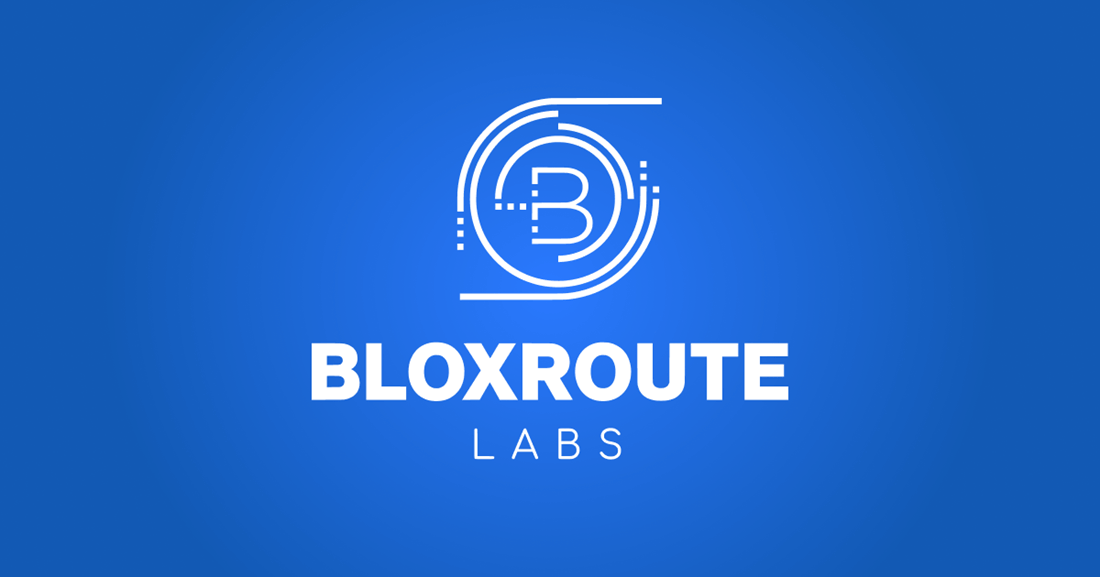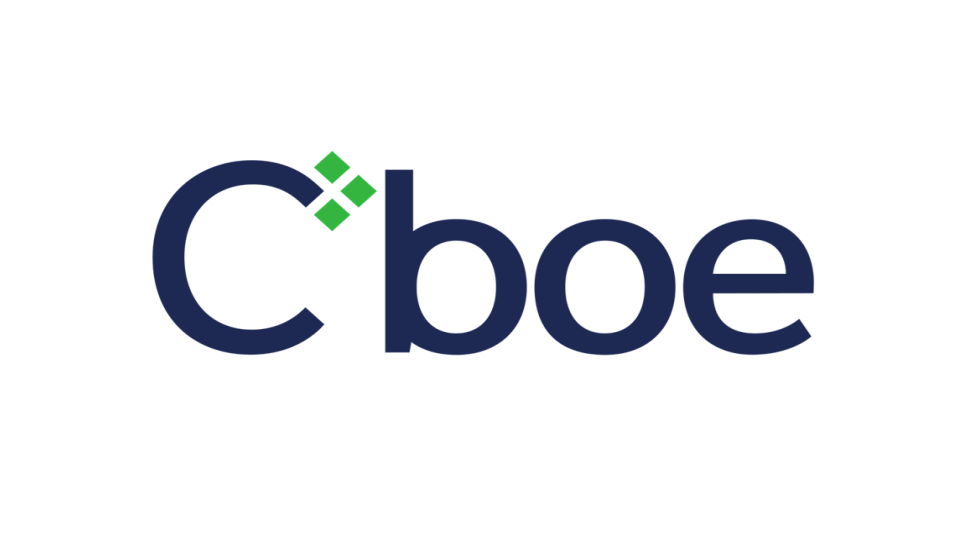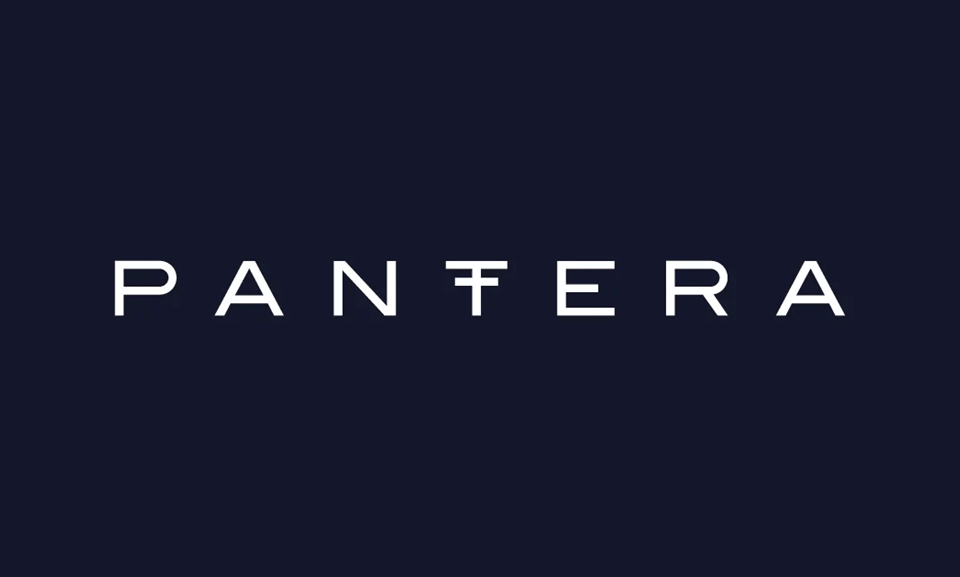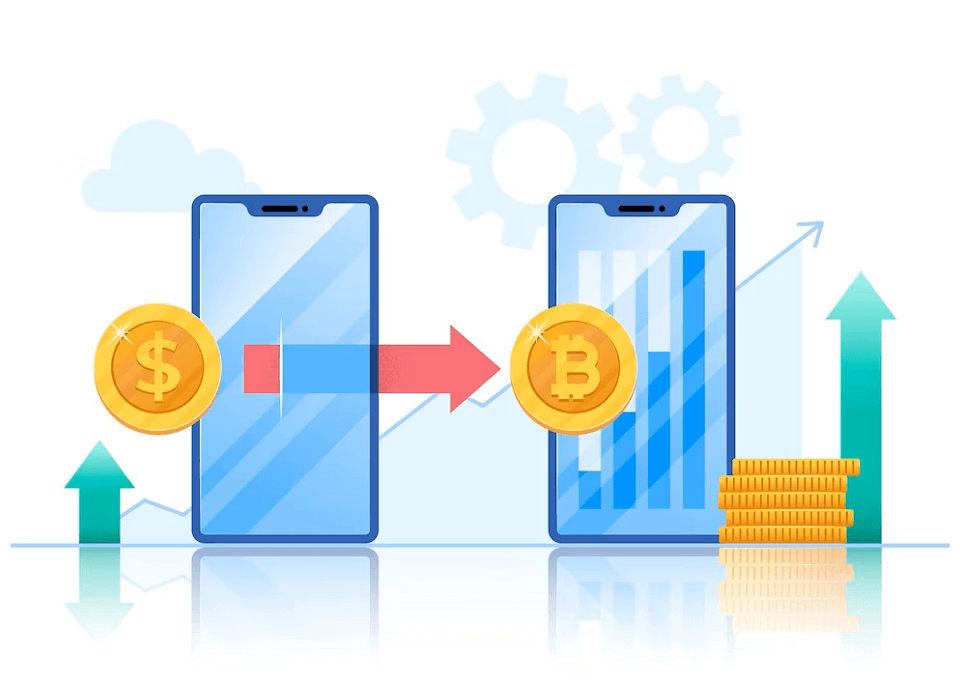
Who is Javier Milei, Argentina’s market-friendly president?
December 18, 2023
SEC delays several Ethereum ETFs, pushing final decision to May
December 19, 2023‘Concerning precedent’ – bloXroute Labs’ MEV relays to reject OFAC blocks

A decision by bloXroute Labs to start censoring OFAC-sanctioned blocks has been seen as a loss for Ethereum censorship resistance.
One of the leading producers of censorship-resistant blocks on Ethereum, bloXroute Labs, has announced a significant shift in its policy. As of December 18, the firm declared that it will begin censoring blocks that are sanctioned by the Office of Foreign Asset Control (OFAC) of the United States, across all its Maximal Extraction Value (MEV) relays, in adherence to local regulations.
BloXroute Labs, responsible for creating over 400,000 Ethereum blocks through its two primary MEV relays, made this announcement on X (formerly known as Twitter). The company stated, “Effective immediately, all bloXroute relays will reject block bids if they contain OFAC transactions.” An OFAC transaction is defined by bloXroute Labs as any transaction that involves a wallet blacklisted by OFAC.
This change will impact all of bloXroute Labs’ relays, including the “bloXroute Max Profit” relay, which is the second-largest censorship-resistant MEV relay. This particular relay has produced over 380,000 blocks since the Ethereum Merge on September 15, 2022, as per data provided by Australian blockchain development firm Labrys.
Despite this policy shift, bloXroute Labs maintains its commitment to preserving Ethereum’s decentralized and permissionless nature, while also complying with legal requirements. However, this move has raised concerns within the Ethereum community regarding the potential limitations on Ethereum’s path to credible neutrality due to increased compliance measures.
Labrys CEO Lachlan Feeney expressed concern, stating that this development sets a worrying precedent for the industry. He advocates for avoiding censorship at the protocol level, suggesting that rules and regulations should be applied at the application level instead.
Feeney also highlighted the challenges posed by Ethereum being a global infrastructure. He raised the possibility of different countries imposing their own sanctions, potentially making it extremely difficult to construct a block that complies with all international regulatory standards. He questioned the implications if countries like China or Russia enforce their own sanctions, especially if they target legitimate U.S. businesses.
According to MEVWatch.info, approximately 36% of blocks are currently censored due to containing OFAC-sanctioned transactions, a decrease from a peak of 78% on November 20. The rate has generally fluctuated around 30-40% since March.
MEV relays enable validators to extract value from a blockchain network by manipulating the order of transactions in a block. MEV-Boost relays were introduced to mitigate the adverse effects on regular users. The issue of censorship on Ethereum gained prominence following its transition to a proof-of-stake model on September 15, 2022. Prior to this, in August, OFAC began sanctioning certain wallet addresses linked to criminal activities and transactions from cryptocurrency mixers like Tornado Cash.
This situation has placed many MEV relays in a dilemma, having to choose between maintaining Ethereum’s credible neutrality and adhering to local laws. Feeney noted that while it’s unclear if bloXroute was compelled to comply, the decision to do so likely involved considerable deliberation, especially given its potential impact on the success rate of their relays.



